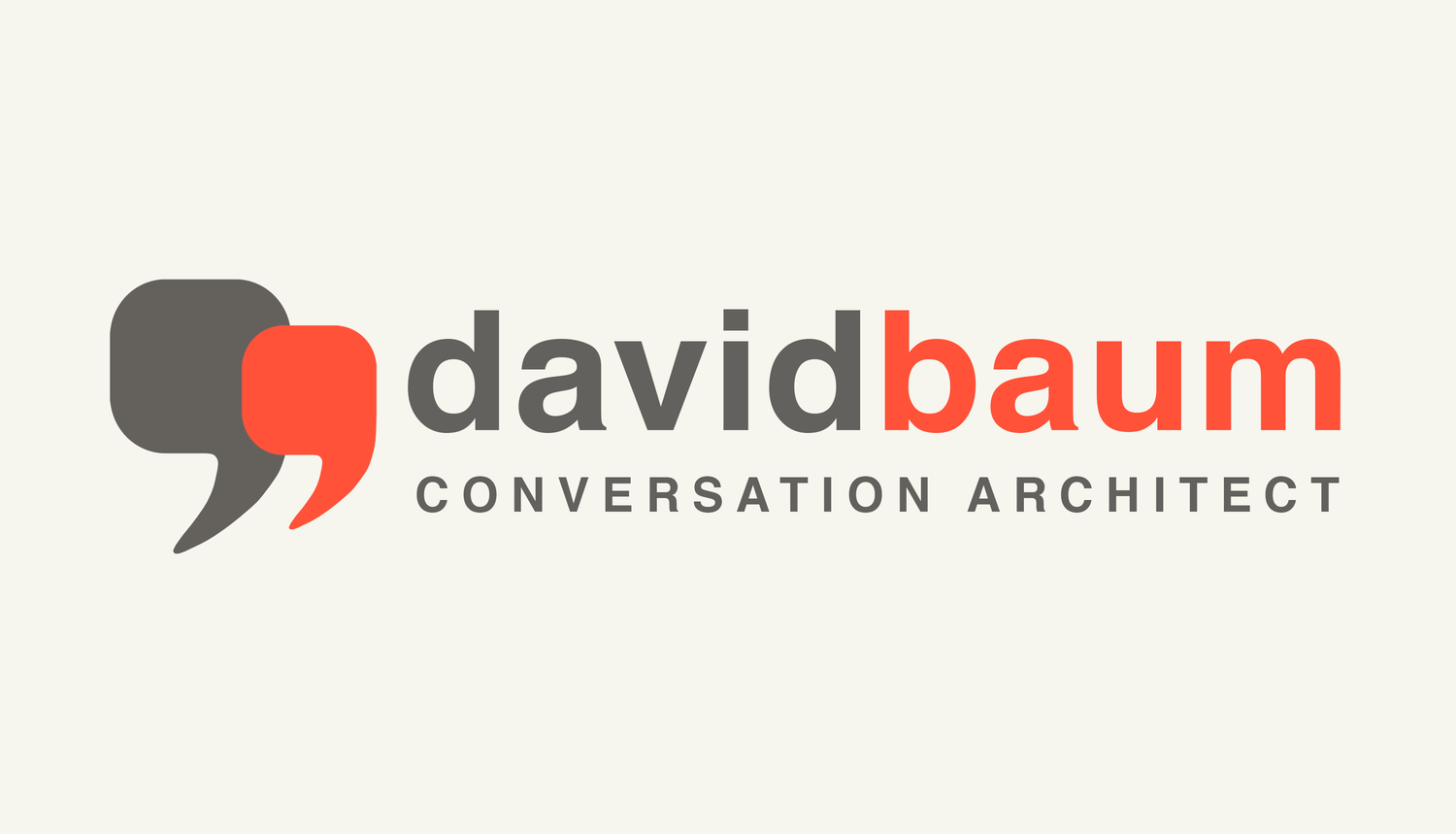News & Articles
Building Your Resiliency Muscle
It may feel like what we are going through has never happened before, and yet historically we are not the first to experience global pandemics. The Antonine plague, The Spanish flu of 1918, the bubonic plague, the cholera pandemic, AIDS, SARS…there are many. And now Covid-19. In each of these cases we came back—with resilience.
Join David in Morocco
Join David for an Executive Education Program in Morocco exploring Collective Intelligence. Find the best ways to resolve conflict within your organization, motivate and inspire your collaborators on a daily basis, understand your leadership style and how it can work with others, and lead your people and organization through critical changes.
The Five Ways to Motivate
Because each of us is wired differently, as a consequence we have different motivation needs. With all this difference, however, there are five basic motivational preferences. Gary Chapman calls these preferences, "Really Personal Motivators" or RPM’s. They can help guide us in being more effective.
The Price of Inaction
Many times we think through the consequences of an action, but rarely do we consider the consequences of inaction—of not doing. Consider where you have placed yourself—relationships, work, and friends—all of it. Now ask yourself, "Is the price I am paying from inaction larger than the risk of taking action?" Are you brave enough to act on a truth that probably already exists?
The Power of "Yet"
In my own coaching work, one word can help move a client into a more optimistic mindset. It's the word "Yet." Put "yet" at the end of any statement and it immediately turns a negative point of view into one of hopefulness, of something more.
The Wisdom of a Mistake
Mistakes? We all make them. If you're not making mistakes, chances are you are not growing and developing. If you're not growing and developing, then chances are you are shrinking. Personally or organizationally there is a word for this. We call it dying. Mistakes are actually a sign of life and vitality. The secret is not whether you make mistakes; it's whether you make smart mistakes.
The Hard Ask
The poet Rumi says, "You must ask for what you truly want." All great coaches basically offer the same advice. First, be crystal clear about your needs and the more specific the better. Step two, as simple as it sounds, ask! So much in our lives goes unstated, with assumptions that either the other should know or we don’t deserve what we want. It is not anyone else’s business to take care of your needs. That is your job.
Alignment
What does alignment mean? Think of a car going down a highway. If all four tires are aligned and you take your hands off the steering wheel, your car will still go in the direction it is headed. But if one of the tires is out of alignment the car will shake and begin to drift. If two are out of line you'll end up in a ditch. Alignment is about critical mass. Using this analogy, the less tires you have, the more critical that the mass be aligned.
The Four Rules to a Simple Life
The psychiatrist Scott Peck wrote, "The paradox of life is that we are all trapped inside of a box, and the instructions on how to get out of the box are written on the outside of the box." Life can be a complicated process and figuring out a way through is often tough and confusing. Here then are a set of instructions for getting out of the box, based on Angeles Arrien’s research, and different religious models.
The Inevitability of Consensus
A lot of my time in 2007 was engaged in managing a national dialogue on the death penalty. The goal was to create an agreed upon strategy, state-by-state and nation-wide, to abolish executions in the United States by 2025. Creating an “inevitability of consensus” in any environment is a complex undertaking. Here then are a few things I learned along the way.
The Employee Rescue
Getting someone to admit they have a behavioral problem is one of the most difficult of a manager's tasks. Many a night has been filled trying to figure out how to get the message through after a number of attempted and failed conversations. The following is an approach that has been very successful. The basic philosophy is to follow a protocol and ask questions. That is all. You do not threaten, lose your temper, apply pressure or preview consequences.
Finding Meaning
The 17th century philosopher Baruch Spinoza was once asked, “How do you figure out what has meaning?” He thought about it for a moment and responded, “That’s a big question…I’ll get back to you in a year.” After one year of considering this weighty question, Spinoza returned to the man and replied, "You can track purpose and meaning by asking the following three questions for thirty days." ...
The Third Other
While we can’t say with certainty what will change one’s thinking we can say what won’t. Arguing the fine points of difference, theology or political view simply don’t work. If you really want change, then find a common ground interest that doesn’t require movement on the difference. I call this common interest the "third other." If successful there, who knows where it will take us.
The Spirit of Resiliency
In twenty years of studying and teaching on the subject of change there is one fundamental thing I've learned. Change is not a natural state but the natural state. It is the way of the universe to be in constant motion. We are either in expansion or contraction, living or dying, in love or in fear, breathing in or breathing out ... but it is rarely one of stasis.
We
You hear the word a lot. “We are in this together”, “We need to be a better team”, “We must all get on board”, “We need to better communicate with each other”—these are but a sampling of comments from almost all most any business setting on any given day. But what does “we” really mean?












